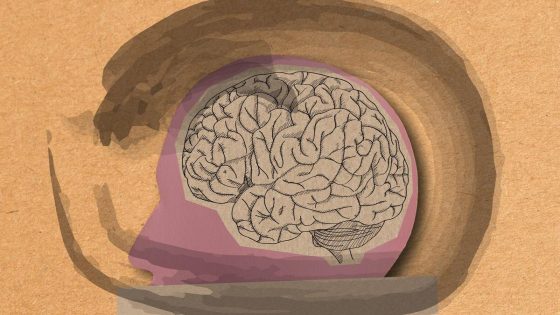Recent advancements in brain-computer interfaces (BCIs) are revolutionizing how we understand and facilitate communication for individuals with severe speech impairments. A groundbreaking study published on 2025-08-14 19:00:00 reveals that scientists can now decode inner monologues with up to 74% accuracy, offering hope for those unable to speak due to conditions like ALS or brainstem strokes.
- Brain activity decoded with 74% accuracy
- Study involves participants with severe paralysis
- Focus on inner speech, not attempted speech
- AI model interprets imagined speech signals
- Password mechanism for privacy in communication
- Future improvements expected in BCI technology
Researchers from Stanford University have made significant strides in interpreting brain activity related to imagined speech. This innovative approach could lead to more natural communication methods for individuals with limited muscle control, moving beyond the exhausting current methods that rely on physical attempts to speak.
This breakthrough raises an important question: How can BCIs improve the quality of life for those with speech disabilities? The ability to interpret inner thoughts could lead to more intuitive communication methods. Consider these recommendations:
- Stay informed about emerging BCI technologies.
- Consult healthcare professionals about available speech assistance options.
- Engage in supportive communities for individuals with speech impairments.
As technology continues to evolve, the future of communication for individuals with speech impairments looks promising. Staying updated on these developments can empower patients and caregivers alike.

















![[Adobe Stock]](https://news.faharas.net/wp-content/uploads/2025/07/Ketogenic-Diet-Boosts-Brain-Blood-Flow-by-22-and-BDNF-230x129.jpg)















